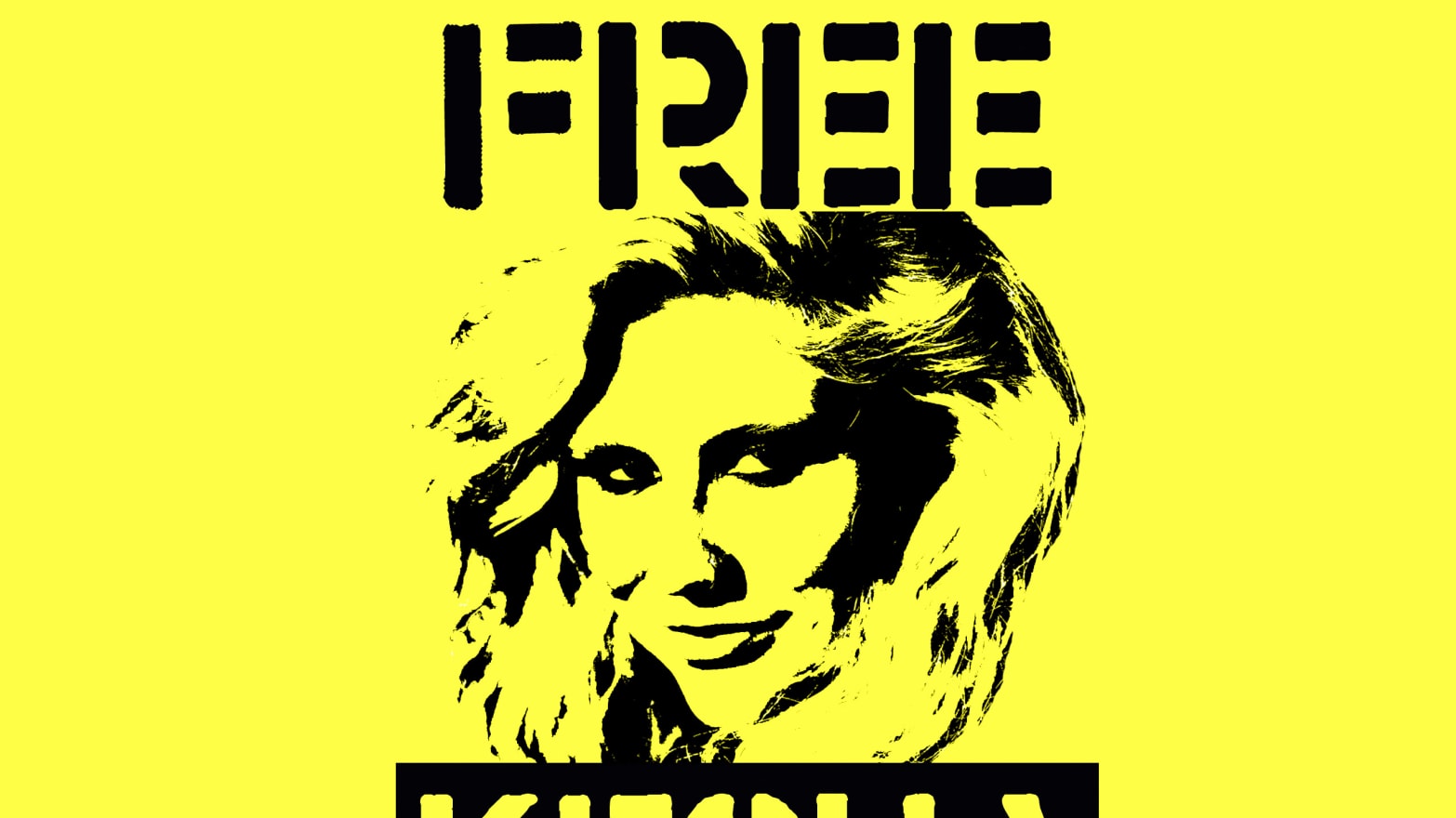When Sony mega-producer Dr. Luke defended himself on Twitter against accusations of sexual abuse by pop star Kesha, comparing the saga to fake rape cases at UVA and Duke and calling for the case to be “tried in a court of law,” he did not evoke much sympathy.
Indeed, the court of public opinion had already declared him guilty in the 72 hours after a New York judge denied Kesha’s request to suspend her recording contract with Sony and Dr. Luke while the case is ongoing.
Kesha claimed in a 2014 civil suit that Dr. Luke, whose real name is Lukasz Gottwald, “sexually, physically, verbally and emotionally abused” her for nearly a decade. (The 28-year-old “Tik Tok” singer signed with him and Sony in 2005.)
Kesha may have suffered a blow in court on Friday, but she has since received an outpouring of support from high-profile figures in the music and entertainment industry.
Lady Gaga, Ariana Grande, Fiona Apple, Lorde, Iggy Azalea, Miley Cyrus, and Kelly Clarkson have all publicly stood up for her, igniting a #FreeKesha movement on social media. (The mainstream media, too, has largely taken her side.)
Taylor Swift donated $250,000 to assist with her legal expenses, and Jack Antonoff, who has produced songs for Swift, Sara Bareillas, and Sia, publicly offered to work with Kesha, irrespective of legal contracts. So did Zedd, a producer who has worked with Lady Gaga, Justin Bieber, and Selena Gomez.
And how could they not, having seen so many young women be exploited in the entertainment industry for years? As Lena Dunham argued in a screed defending Kesha in Lenny, her newsletter: Have we learned nothing from the industry’s coercive “Svengalis,” from Ike and Tina Turner, or from the “studio system of the ‘40s and ‘50s, when starlets were essentially chattel?”
The essay began on a more emotional note, with Dunham professing that the outcome of Friday’s hearing made her feel physically ill, including the “legally necessary but sickening use of the word ‘alleged’ over and over.”
She last felt this way when “Rolling Stone botched a campus-assault narrative and as a result left millions of women exposed to doubt,” she wrote, also referencing the UVA case in which a woman named Jackie fabricated a story to a credulous Rolling Stone reporter about being gang-raped at a fraternity party.
“I cried in a mini-mall in Brussels, imagining all the college-age girls suddenly changing their minds about coming forward against their rapists,” Dunham wrote.
But what would Dunham have preferred? Jackie’s story to stand unchallenged, and false? What kind of justice flows from that? At present, “alleged” perfectly sums up some of what Dr. Luke may or may not have done, because we simply do not know. The charges against him have not been tried and proven in a court of law.
It’s odd that Dunham, crusader for justice that she is, isn’t sickened by the notion that a person’s reputation be besmirched without proof (especially given the slings and arrows she has endured in the media).
Doesn’t it infantilize victims of violence more to suggest that just because one case didn’t play out as a simple and plainly horrific victim’s narrative, this will somehow prevent other victims of violence from coming forward?
The issue in the UVA case wasn’t that people didn’t believe Jackie’s story, it’s that the primacy given to her victimhood precluded thorough reporting and fact-checking. We all want justice for victims of a crime, but that justice won’t flow from a false starting point.
The conversation around rape and violence against women has shifted dramatically in recent years, led by victims’ rights advocates fighting to change the justice system and by prominent feminist voices like Dunham’s.
If campus sexual assault is a lightning rod issue for women’s rights advocates, Kesha’s case is the ne plus ultra of the feminist cause, where alleged boardroom exploitation meets alleged sexual violence.
Kesha wasn’t just allegedly exploited by an industry bigwig, but allegedly targeted with violence by the same man.
But Justice Shirley Kornreich found insufficient evidence that Kesha’s career would face “irreparable harm” if she couldn’t record without Dr. Luke and Sony, as her lawyers claimed. (Sony’s lawyers said they had offered her an opportunity to record without Dr. Luke.)
With no medical evidence supporting Kesha’s abuse accusations, Kornreich concluded that she would not “decimate a contract that was heavily negotiated and typical of the industry.”
Dunham and others have highlighted judge’s ruling as emblematic of an imperfect justice system that too often fails female victims of sexual assault and domestic abuse.
They are outraged by Kesha’s case, wherein her legal contract with Sony is seemingly prioritized over her well-being and future career. Kesha will “never be able to prove, beyond the power of her testimony, that she is unsafe doing business with this man,” Dunham writes. “The lack of perspective on the part of Sony—the inability to look at the worth of a woman’s platinum records versus the worth of her soul being intact—is horrifying.”
Yes, certainly—but it’s a slippery slope to terminate a musician’s contract without proof of harassment or abuse; to terminate a contract based solely on testimony that, at least in this case, was not convincing enough for the judge.
Without reflexive accusations of victim-blaming, let us, for a moment, consider that Dr. Luke may not have sexually harassed or raped Kesha. Comparing his case with previous false rape cases may seem calculating or self-pitying, but he is absolutely right that “lives can get ruined when there’s a rush to judgment before all the facts come out.”
The UVA case should teach us not to examine the facts in sexual assault cases before rushing to judgment, especially when the story aligns with familiar tropes such as the exploitation of women in the entertainment industry, or roofies and rape at college fraternities.
Either way, Friday’s ruling in this individual case does not detract from the larger issue that victims’ rights advocates are fighting in support of.
Dunham says as much herself. “The women in the music industry speaking out for Kesha are proof,” she writes. “And so, while Kesha is indefinitely silenced, her voice has never been louder.”
That’s true: In today’s social media-drenched world, volume matters, often more than establish-able facts. Indeed, the power dynamics at the heart of this case—the irresistible modern fairy tale of a young female musician fighting a powerful man in an industry dominated by powerful men—have already been reversed by the publicity the case has generated.
Kesha suffered a setback in court, but the case isn’t over. And in the eyes of many industry power-players and campaigners she’s a brave victim who will ultimately come out on top.

